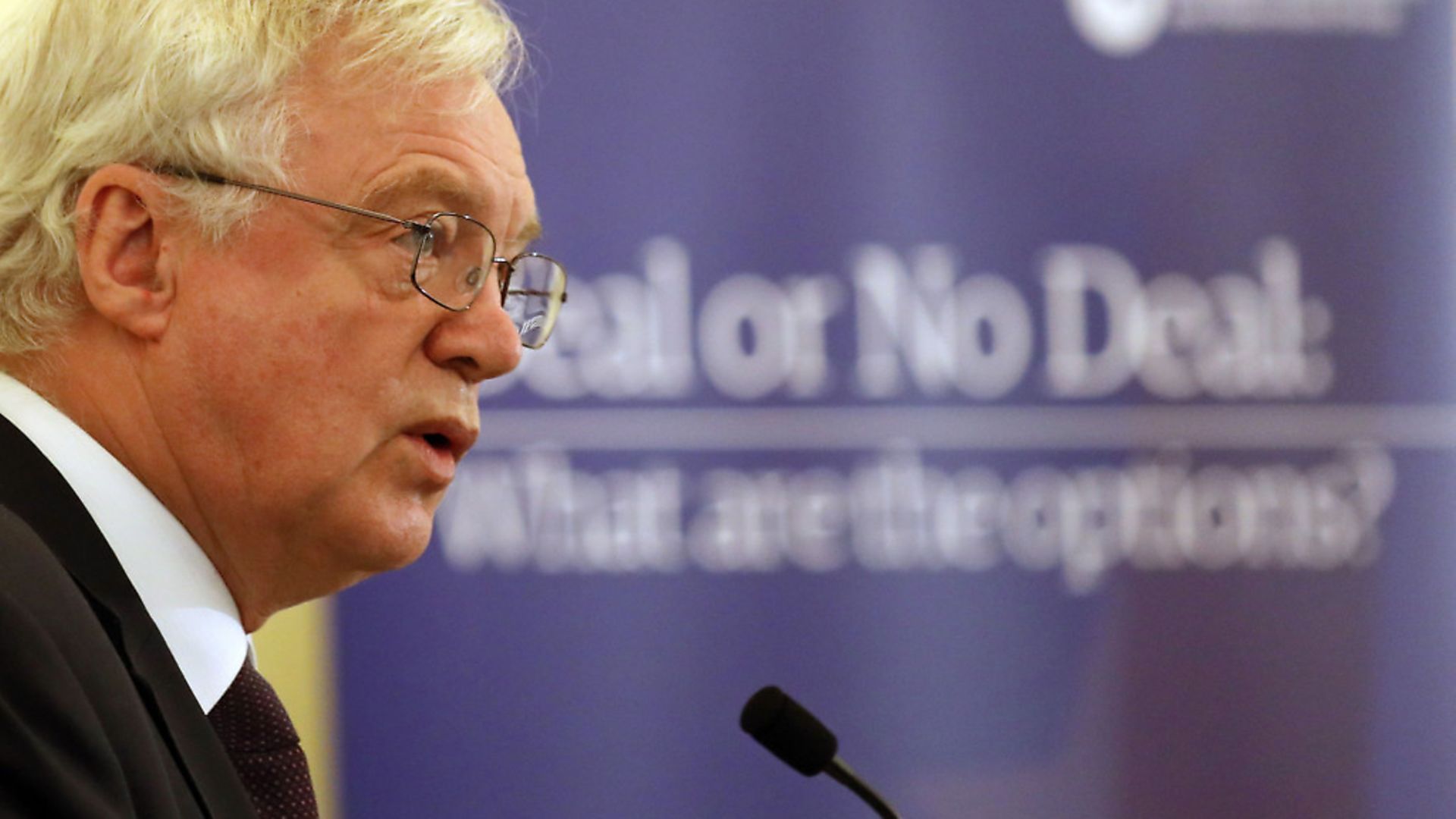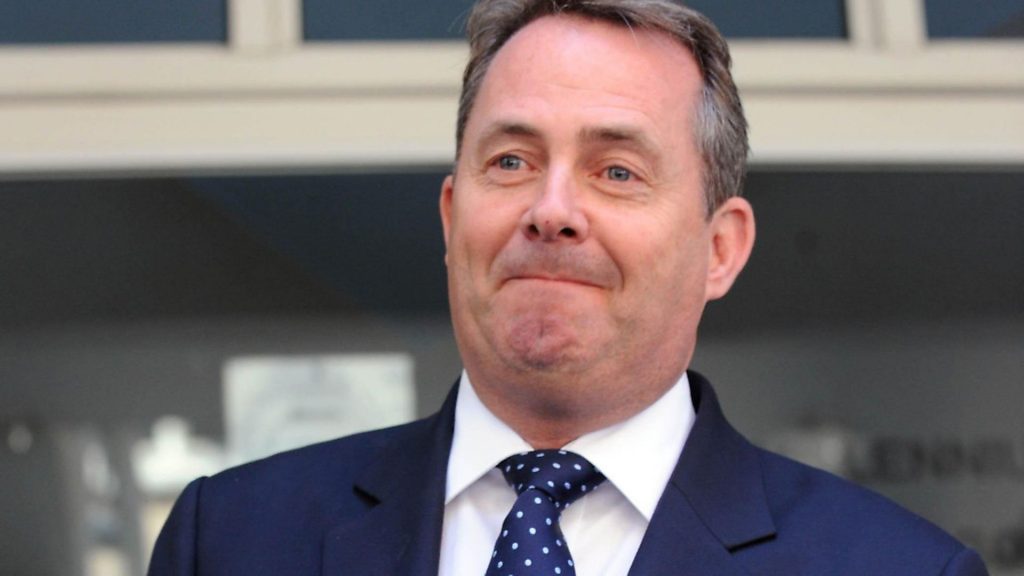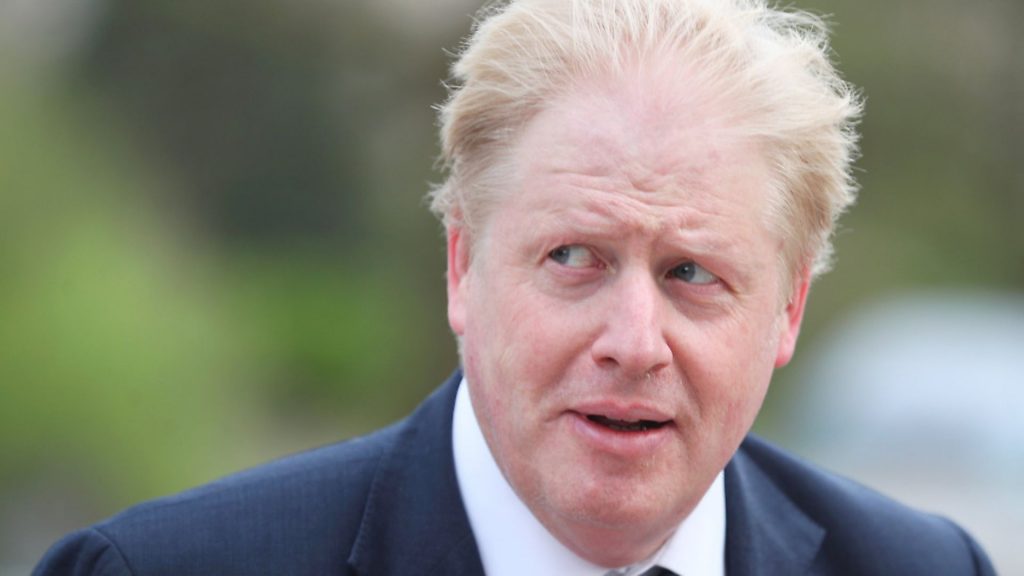
Examining the roles of the three Brexiteers at the heart of the government’s Brexit negotiations

Upon becoming prime minister in July 2016, Theresa May created two new cabinet positions – vastly weakening a third in the process – splitting theoretical responsibility for Brexit among a triumvirate of ministers: David Davis, Liam Fox, and Boris Johnson.
None of the three quite has a real job, and yet if you believe the newspaper headlines all three have in recent weeks threatened to quit should May fail to pursue the ‘right’ kind of Brexit. Perhaps the stakes are lower when the job you threaten to quit doesn’t really exist in the sense that it once did.
May’s reasoning when she entered Number 10 appeared to be centred around her concerns that she had – on paper at least – supported Remain in the referendum, but was now leading a party which supported Brexit, and was now personally in charge of delivering the decision to Leave.
Putting three known Brexiteers in roles central to the Brexit process, she seems to have reasoned, would reassure backbenchers and the voters alike that she would take the public’s voice on Brexit – whatever that was supposed to be – seriously, and deliver it. She appears to have given less thought to the fact that responsibility for Brexit would always end up at Number 10, and so splitting the role of implementing it appears to have just created division, confusion, and frankly pointless roles.

The individual with the most tenuous cabinet role is surely Liam Fox, a man who resigned in disgrace from the role of defence secretary over his working relationship with close friend Adam Werritty, who had accompanied him on overseas visits and even handed out business cards claiming he was an official advisor to Fox.
You might assume that if you were going to re-appoint someone with that track record back into the Cabinet – if you really wanted to do that – you would make sure they were in a role that stayed well away from any risks of conflicts of interest, that perhaps stayed away from where government and business interests collided, and where maybe there wasn’t too much foreign travel.
Naturally, then, Theresa May appointed Fox as the newly-minted secretary of state for international trade. The process started to hit snags almost immediately: for one, the department existed with virtually nothing to oversee. Until the UK actually leaves the EU, it is unable to even begin negotiations on trade talks. It can’t conclude any until any transition period is over. And were the UK to stay in the single market or customs union – issues which were far from settled in July 2016 – it would never be in a position to independently negotiate trade deals anyway.
Fox’s role, then, has descended into making television appearances contradicting his colleagues and ignoring simple facts. The biggest potential new trade deal for the UK would be one with the USA, which could boost GDP (our national income) by around 0.2%–0.3% – less than a tenth of what our current EU trading terms grant us. The US has said no deal will come without letting in US agricultural products – including hormone-fed beef, chlorinated chicken and more, which would rule out staying in the customs union. Fox largely appears to have a seat at the cabinet table to encourage us all to ignore those inconvenient truths.
Boris Johnson, despite his diminished status with very little formal oversight of or say over Brexit, still has a real job to do in the Foreign and Commonwealth Office – it’s just that he often shows very little sign that he’s actually doing it. Johnson built his profile as a writer and an MP who made headlines carelessly and gratuitously offending the people and governments of countries around the world. As such, how could May ever have foreseen that Johnson’s loose tongue could have repercussions, whether it was his careless remarks which risked extending the sentence of a British woman imprisoned in Iran, or his casual overstatement over the Sergei Skripal poisoning, handing a gift to Russia’s misinformation corps and the useful idiots who boost them?
This brings us to David Davis, the minister who, on paper, has the most responsibility for the Brexit process, leading the department in charge of negotiating the deal – and watching as it tries to fill roles, as civil servants flee an organisation which often gets sidelined and which, within a year or so, will likely not exist.
Davis is currently framing his fight as one against Olly Robbins, the civil servant who once led his department and who now leads on Brexit for Number 10, reporting directly to May. When she approved Robbins’ shift, she kept bureaucratic responsibility for much of the negotiation with him, shifting a central duty of the Brexit department back to Number 10. Davis’s bid to frame his fight as one against the civil servant acting on May’s orders – rather than May herself – is quite a baffling one.
It’s this triad that is now threatening to resign if May fails to deliver the undeliverable, fantasy, Brexit that once they promised – though it’s unclear whether these non-job resignations are intended to change her mind or give those concerned a way to save themselves the blame for the fallout of Brexit’s reality.
But given what the three have actually accomplished in government, whether you’re a soft or hard Brexiteer, you have to wonder what May would lose by simply calling their bluff. It’s perhaps a shame for all of us that she lacks the political power to do so.










